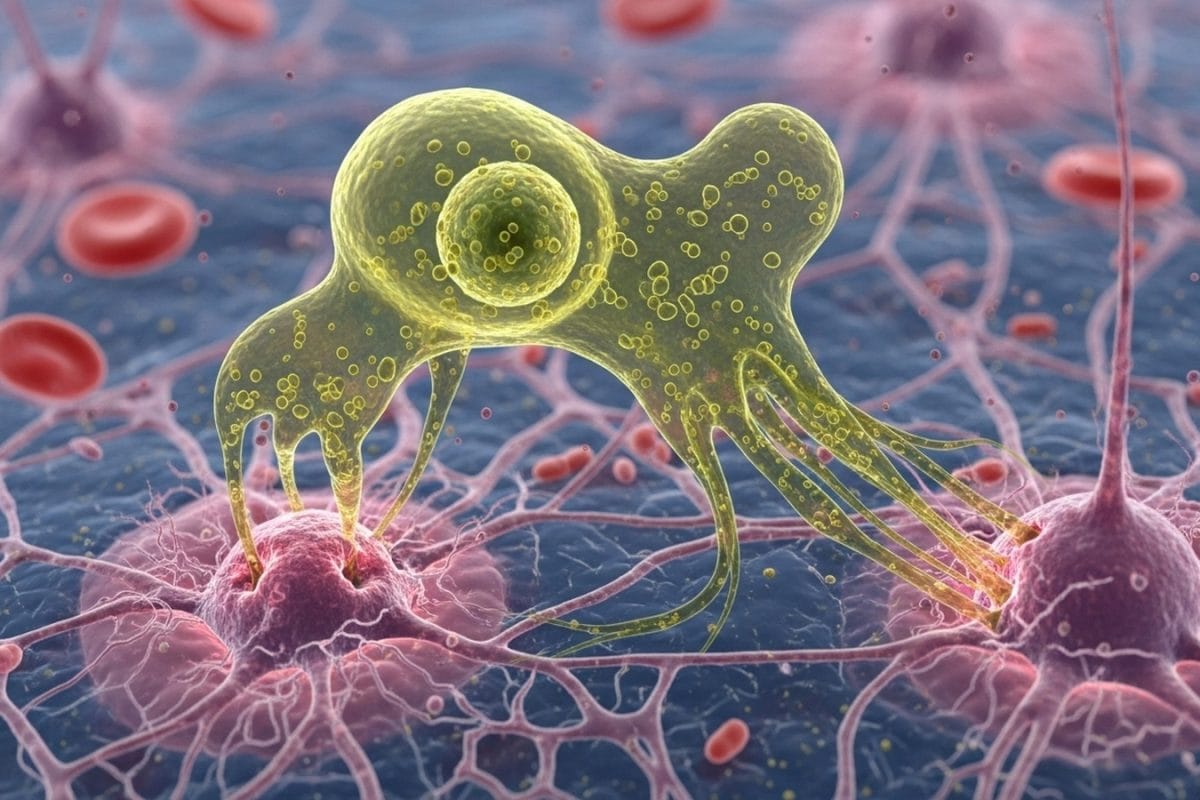Lifestyle
Kerala Faces Surge in Brain-Eating Amoeba Cases in 2025

A concerning health crisis has emerged in Kerala, India, where health authorities have reported a significant rise in cases of the deadly Naegleria fowleri, commonly referred to as the brain-eating amoeba. As of early March 2025, the state has confirmed 69 cases and recorded 19 deaths linked to this rare but severe infection.
The amoeba is typically found in warm freshwater environments, such as lakes, hot springs, and poorly maintained swimming pools. Infection occurs when water containing the amoeba enters the body through the nose, leading to a severe brain infection known as primary amoebic meningoencephalitis (PAM). Symptoms often present suddenly, including headaches, fever, nausea, vomiting, and altered mental status, which can rapidly progress to severe neurological impairment.
Health officials are urging the public to take precautions to minimize the risk of infection. Recommendations include avoiding swimming in warm freshwater bodies, especially during the summer months when water temperatures rise. Additionally, individuals should refrain from submerging their heads in such water and ensure that their nasal passages are protected.
The Kerala state government has ramped up awareness campaigns and has begun inspecting public swimming facilities to ensure compliance with safety standards. Health authorities are also emphasizing the importance of early detection and treatment of symptoms, as prompt medical intervention can be crucial in improving survival rates.
In response to this alarming situation, local health departments have mobilized resources to educate communities about the dangers of Naegleria fowleri. Many residents are reporting heightened anxiety about water safety, prompting discussions about the need for better infrastructure and maintenance of public water resources.
The recent surge in cases has drawn attention from health organizations, leading to calls for more research on the amoeba and its impact on public health. Experts are advocating for increased funding to study prevention methods and develop effective treatments.
As the situation unfolds, Kerala remains vigilant in its fight against this dangerous pathogen. The collaboration between government agencies and health experts aims to contain the outbreak and protect the community from further infections.
Public health safety remains the top priority as Kerala navigates this critical health challenge.
-

 World4 months ago
World4 months agoSBI Announces QIP Floor Price at ₹811.05 Per Share
-

 Lifestyle4 months ago
Lifestyle4 months agoCept Unveils ₹3.1 Crore Urban Mobility Plan for Sustainable Growth
-

 Science3 months ago
Science3 months agoNew Blood Group Discovered in South Indian Woman at Rotary Centre
-

 World4 months ago
World4 months agoTorrential Rains Cause Flash Flooding in New York and New Jersey
-

 Sports3 months ago
Sports3 months agoBroad Advocates for Bowling Change Ahead of Final Test Against India
-

 Top Stories4 months ago
Top Stories4 months agoKonkani Cultural Organisation to Host Pearl Jubilee in Abu Dhabi
-

 Science4 months ago
Science4 months agoNothing Headphone 1 Review: A Bold Contender in Audio Design
-

 Top Stories4 months ago
Top Stories4 months agoAir India Crash Investigation Highlights Boeing Fuel Switch Concerns
-

 Sports3 months ago
Sports3 months agoCristian Totti Retires at 19: Pressure of Fame Takes Toll
-

 Business4 months ago
Business4 months agoIndian Stock Market Rebounds: Sensex and Nifty Rise After Four-Day Decline
-

 Politics4 months ago
Politics4 months agoAbandoned Doberman Finds New Home After Journey to Prague
-

 Top Stories4 months ago
Top Stories4 months agoPatna Bank Manager Abhishek Varun Found Dead in Well









